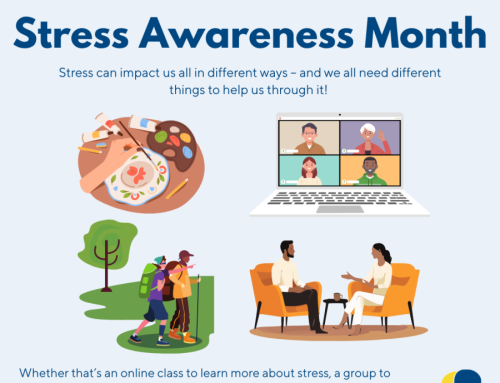I imagine that Touchstone is full of people like me who see some litter that needs picking up or something else that concerns them and they can’t quite walk past and ignore it. Over a long period I have been aware of protests happening outside clinics where women can access abortions but for some reason I had never known that protests were happening in Leeds until I saw one for myself. I felt a mixture of emotions – sadness and anger and confusion and empathy – because I care deeply about women having choice and control over their lives. I want to live in a society where you can protest but I want protests to be aimed at those who can lend their voice to an issue and those who make decisions, not at vulnerable people in difficult circumstances. I didn’t think there was anything I could do that would help until this year I was given the opportunity to do something about it. With the support of other residents in Leeds I was allowed to make a speech to Leeds City Council about my concerns and what actions we hoped the council could put into places and the speech went something like this:
Background of UK abortion law
The UK Abortion Act was introduced in 1967 as unwanted pregnancy was a clear public health problem. Abortions were being carried out before the act was introduced: estimates vary up to 250,000 abortions per year. Some of those were abortions performed openly, by doctors, but others were performed in the ‘backstreet’. Whilst official figures note 35-40 maternal deaths due to illegal abortion per year it is anticipated that the real figure would have been far higher – other causes would be recorded on the death certificate in order to protect the reputation of those who died and their families. Broader consequences of unwanted pregnancies include mothers, central figures in the family, unable to cope with the pregnancy or injured in an illegal abortion, children taken into care, family breakdown. The Abortion Act does not allow abortion at a women’s request but rather the decision rests with two doctors, according to their own judgement about the impact of abortion versus childbirth on the woman’s physical or mental health.
Current picture of abortion in Leeds
In 2016 according to figures from the Department of Health, nearly three thousand legal abortions were carried out on behalf of Leeds CCGs, mostly for women in their twenties, though one in seven were teenagers. The majority of abortions in the UK are performed on women who have not previously had the procedure.
Some details of anti abortion protests in Leeds
Anti abortion groups originating in the United States such as Center for Bio-Ethical Reform (CBR -UK) and 40 Days for Life have been targeting Leeds. The visible, public centrepiece of 40 Days for Life is a focused, 40-day, non-stop, round-the-clock Christian-oriented prayer vigil outside a single abortion facility in a given community. Over the last 10 years their organisation celebrates international actions preventing people from accessing (advice, reproductive health and) abortions, leading workers to quit their jobs and reportedly closing 90 abortion facilities.
What I asked for the council to consider
Public Space Protection Orders (PSPOs) are broad powers which allow councils to criminalise particular, non-criminal, activities taking place within a specified area. Preventing protests from taking place close to medical facilities will help protect anonymity of people using these services. This may include those at risk of domestic abuse or ‘honour based’ violence. It will allow Leeds residents to access reproductive healthcare, support workers in this field to continue their work and support availability of public healthcare facilities. As mentioned abortions are offered only where a woman’s physical or mental health is considered at risk. Protests, which have been reported as intimidating, may deter those seeking medical care.
Is a PSPO a radical choice?
In November 113 MPs wrote Home Secretary Amber Rudd urging her to ban people from protesting outside abortion clinics. The solution of a buffer zone is something we see being considered by councils nationwide, with similar access zones established internationally from Canada to South Africa. Ealing, Birmingham, Portsmouth, Southwark Borough in London have all voted to explore a PSPO in response to calls from the public to ensure women do not experience intimidation or interference in accessing medical care, that employees can attend work without fear of reprisal or regular harassment and that the locality will not develop into somewhere with a negative quality of life. This is not an issue of silencing the views of any group, but of creating the appropriate space to do so where the beliefs and views, which they have the right to express, cannot interfere with services being provided.
I wanted to share this with you as I did not expect anything to come out of this but the council agreed with the suggestion unanimously and I am receiving feedback this week on the progress made so far. You may not agree with the action I wanted to take but I hope you join me in wanting to have better healthcare, relationships and opportunities for people in Leeds where unwanted pregnancies are less common and we are able to support parents in Leeds.
This year marks 100 years since women began to be given the right to vote in the UK and though my example may not be important to you there may be something else – like improving funding to support people affected by honour based or domestic abuse, extending access to adult education or reducing the pension age – that you can give some thought to and push someone to make changes.
Written by Geraldine Montgomerie-Greenwood





